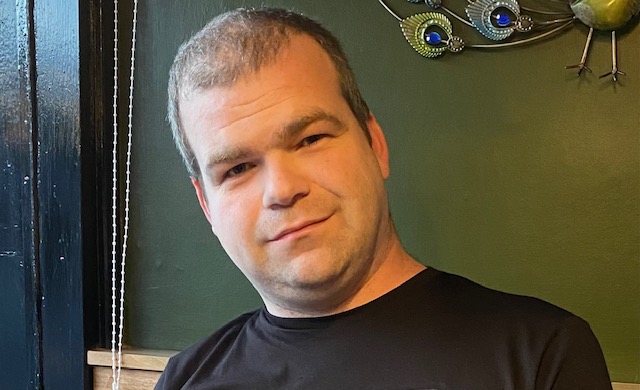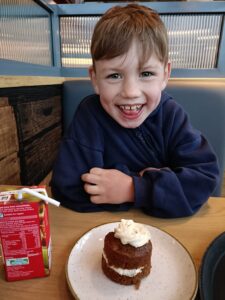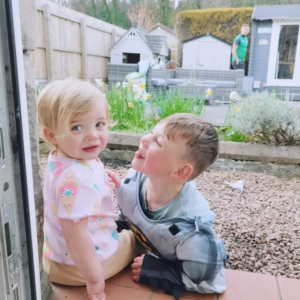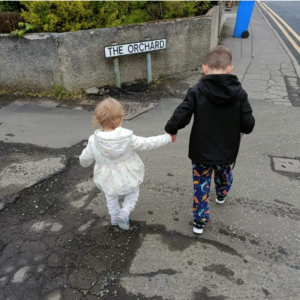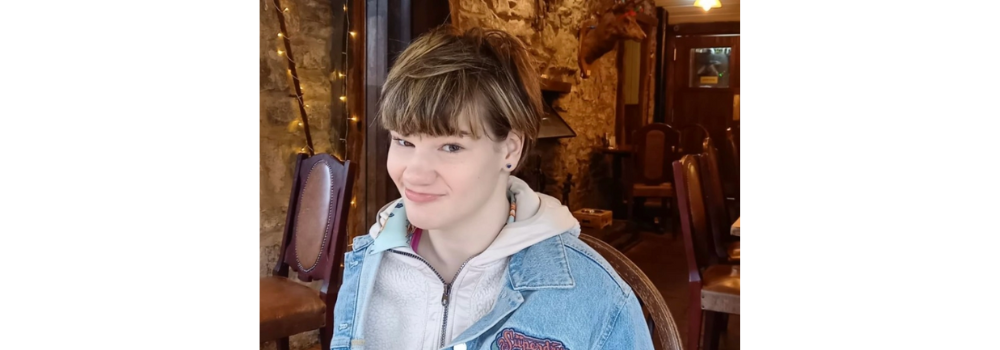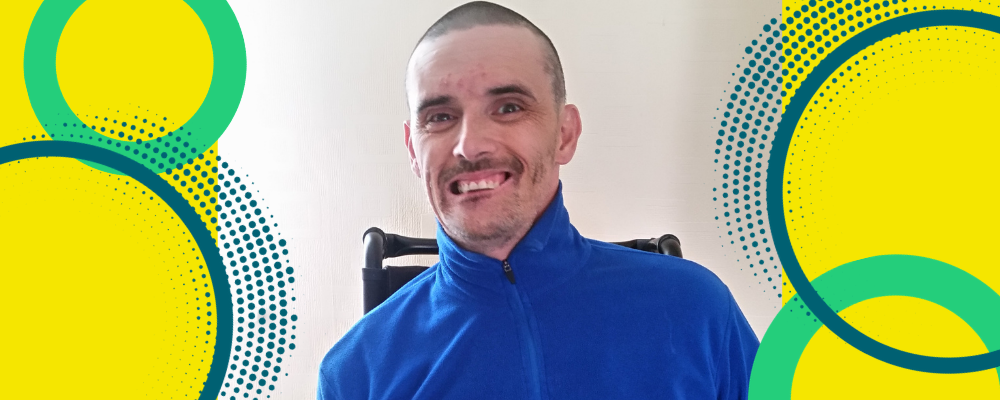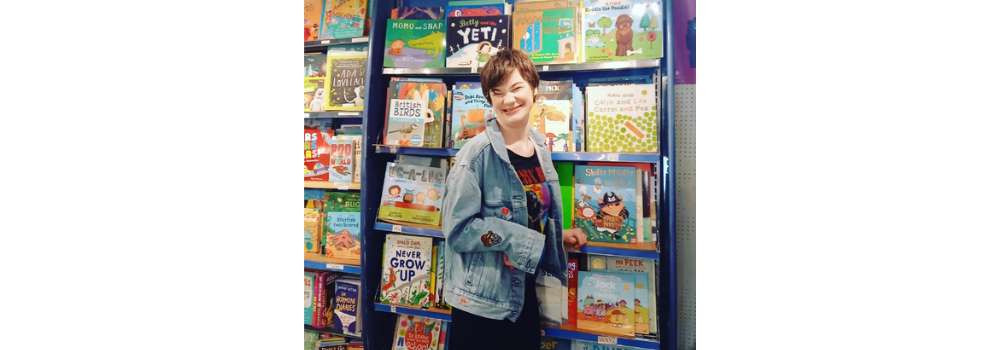As part of Cerebral Palsy Awareness Month, Michael shares his experiences of employment as an adult with cerebral palsy.
March is Cerebral Palsy month, an opportunity to raise awareness for those all ages with lived experience of Cerebral Palsy(CP) across Scotland, showing the diversity of the CP community and share what matters to us all.
Every day is about raising awareness of disability, when we talk about various disabilities it’s not just a label, it’s important to look at the person, not the disability and focus on ability.
One of my biggest passion is employment for those with disabilities, the sad reality is the gap is getting wider, we may be aware in families or community, those people who would love to get a job, but not given the same opportunities.
According to the National Office of Statistics report last year, there were 53.6 % with disabilities in employment, compared with 82.5% without disabilities.
In 2020 the employment rate was 53.4% so very little growth or development in four years, with existing barriers , employers should look beyond people disability, and look at what a candidate can bring to the job.
Because as we know all we have all got some kind of talent we just need a change to showcase and ok people may need a bit of support but we all need a bit of support one way or other.
I have experience of my struggle into employment, each time I met barriers, I was more determined to prove people wrong, many doubted I’d become a journalist but here I am, not the conventional route, but as freelancer I can make my own career, and still focus on my advocacy work.
My advice is never lose focus on what u want to do in life, from an early age wanted to be a journalist, was told by many people it’s not the job for me, twenty years on, that’s my chosen career and I love my job.
I often wonder if I didn’t have a disability then would my path have been shorter and easier, but then perhaps I wouldn’t have the same determination.
Society now is opening doors slightly for people with a disability, but when we talk about employment there are many barriers, I didn’t realise we would be talking about this in 2024, when I speak at different events , the story is the same.
In reading this article I would like employers to acknowledge the need for change, see people for their own merit and don’t just categorize them.
If you are an employer and would like to better support people with disabilities at work, please visit – Talking about disability – Supporting disabled people at work – Acas
